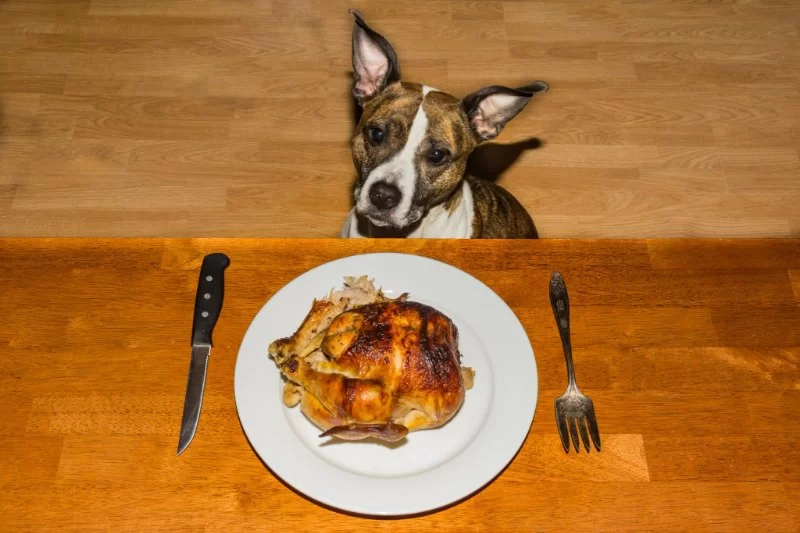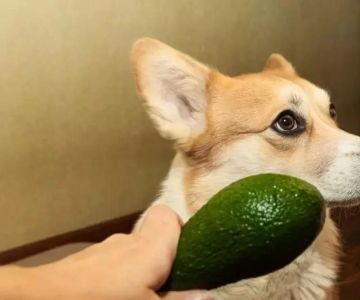Can Dogs Eat Turkey Bacon?
- 1. What Is Turkey Bacon?
- 2. Is Turkey Bacon Safe for Dogs?
- 3. Potential Risks of Giving Turkey Bacon to Dogs
- 4. How to Safely Introduce Turkey Bacon to Your Dog
- 5. Alternatives to Turkey Bacon for Dogs
- 6. Why Choose Hidden Brook Veterinary for Your Dog's Dietary Needs
1. What Is Turkey Bacon?
Turkey bacon is a type of bacon made from lean cuts of turkey meat, typically ground and seasoned to mimic the flavor of traditional pork bacon. It’s often marketed as a healthier alternative to regular bacon due to its lower fat content. Turkey bacon can be found in supermarkets and is commonly used in breakfast dishes, sandwiches, and salads as a substitute for traditional pork bacon.
While turkey bacon is considered healthier for humans because it contains less fat, it may not necessarily be suitable for dogs, especially in large quantities. It’s important to understand both the benefits and potential risks before feeding it to your furry friend.
2. Is Turkey Bacon Safe for Dogs?
In moderation, turkey bacon is generally safe for dogs to eat, but there are important considerations. Dogs can enjoy the taste of turkey bacon just as much as humans, but it should be served in small, controlled portions to avoid any health issues. The primary concern is the sodium and fat content, which could affect your dog’s health if consumed regularly or in large quantities.
If you decide to give your dog turkey bacon, it's crucial to make sure it’s cooked thoroughly and doesn’t contain any harmful additives or seasonings like onion or garlic, which are toxic to dogs. Always remove excess fat before offering it to your dog.
3. Potential Risks of Giving Turkey Bacon to Dogs
While turkey bacon may seem like a tasty treat for dogs, there are several risks associated with feeding it to them:
- High Sodium Content: Turkey bacon often contains a high level of sodium, which can lead to dehydration, kidney damage, or sodium ion poisoning in dogs if consumed in excess.
- Fat Content: Although turkey bacon is leaner than traditional pork bacon, it still contains fat, which can contribute to obesity, pancreatitis, or gastrointestinal upset in dogs, especially those with sensitive stomachs or pre-existing health conditions.
- Potential Additives: Some commercial turkey bacon products contain additives, preservatives, or seasonings like garlic and onion powder, both of which are toxic to dogs and can cause serious health issues, including gastrointestinal distress and organ damage.
Because of these risks, turkey bacon should be offered to dogs sparingly and as an occasional treat, not a regular part of their diet.
4. How to Safely Introduce Turkey Bacon to Your Dog
If you choose to give your dog turkey bacon as an occasional treat, here are some steps to safely introduce it to their diet:
- Start Small: Begin with a very small piece to see how your dog reacts. Monitor for any signs of gastrointestinal upset, such as vomiting or diarrhea.
- Cook It Thoroughly: Ensure that the turkey bacon is cooked fully and free of any harmful seasonings like garlic or onion. Remove any excess fat to reduce the risk of gastrointestinal issues.
- Monitor for Reactions: After giving your dog turkey bacon, observe their behavior and health. If you notice any unusual signs, such as lethargy, excessive thirst, or upset stomach, discontinue the treat immediately and consult your veterinarian.
By following these guidelines, you can safely introduce turkey bacon to your dog’s diet as an occasional treat without compromising their health.
5. Alternatives to Turkey Bacon for Dogs
If you’re concerned about the risks of feeding turkey bacon to your dog or simply want to explore other healthy options, there are several dog-safe treats that can be both tasty and nutritious:
- Cooked Chicken or Turkey: Skinless, boneless chicken or turkey breast is a lean, protein-packed treat that most dogs love. It’s a much healthier option than turkey bacon.
- Carrots: Many dogs enjoy raw carrots, which are low in calories and high in fiber. They also help with dental health.
- Sweet Potatoes: Cooked sweet potatoes are another great option, packed with vitamins and minerals that can benefit your dog’s health.
- Low-Sodium Dog Treats: There are many commercially available low-sodium dog treats that can serve as a healthier alternative to bacon-based snacks.
Offering a variety of healthy treats ensures that your dog enjoys a balanced diet and receives essential nutrients without the risks associated with turkey bacon.
6. Why Choose Hidden Brook Veterinary for Your Dog's Dietary Needs
If you have questions about your dog’s diet or need advice on feeding them safe, healthy treats, Hidden Brook Veterinary is here to help. Our experienced veterinarians can provide tailored recommendations for your dog’s nutritional needs, ensuring they receive a balanced diet that supports their overall health.
We also offer a wide range of high-quality pet food, supplements, and treats that are safe and nutritious for your furry friend. Visit Hidden Brook Veterinary today to learn more about keeping your dog healthy and happy.












